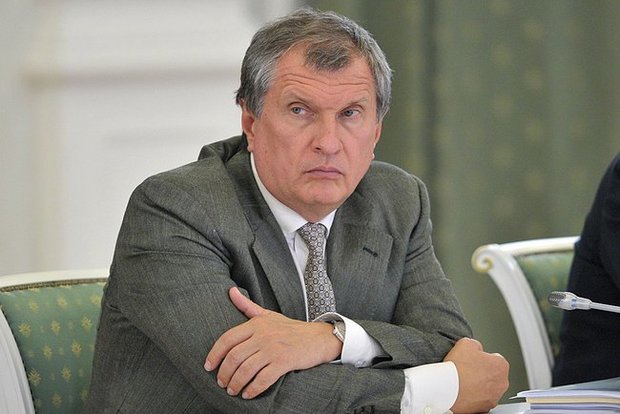Being saved by the state in 2014, now Rosneft returns the favour
Once an outsider of the Russian oil market, Rosneft gained its power during Vladimir Putin's governance. The company faced difficulties in 2014, but the state managed to support its flagship. Now it's time to pay back, and the Kremlin is not hesitating to ask for help, considers Bloomberg.
The 2014 was a hard year for the Russian oil giant. Rosneft faced not only a drop in oil prices but sanctions from the United States and European Union due to the affinity of the company's CEO Igor Sechin to Vladimir Putin. As a result, Rosneft was deprived of an opportunity to borrow money from western banks. Moreover, the company's access to technology and capital markets was restricted.
Being unable to pay off its debts, Rosneft asked the Kremlin for help. Initially, it asked for a $43bn rescue from the National Wealth Fund, but the government refused to spend such a huge sum. However, another decision was found: the producer issued 1 trillion rubles in bonds that a local bank used as collateral to borrow as much as $15bn from the Russian Central Bank to lend on to Rosneft. But the deal triggered panic in the market and, hence, dumped the ruble. The exchange rate stabilised after an emergency 6.5-percentage-point rate hike and heavy Kremlin pressure on exporters to sell foreign currency. Meanwhile, Sechin publicly denied any Rosneft's impact on the ruble's collapse.

The event caused some public criticism and the Kremlin's dissatisfaction with Igor Sechin's activity. Trying to get back the favour, Rosneft cut capital spendings and sold its stakes in major Siberian projects to Chinese and Indian investors to raise cash. Then in 2015, unnamed customers prepaid $15bn for future supplies. The weak ruble also helped Rosneft's recovery as it softened the fall in oil price, which is sold in dollars, and decreased the producer's domestic expenses (in ruble terms). By the beginning of 2016, Sechin had reclaimed his position in Putin's good books. Furthermore, this April the company's market capitalisation topped that of Gazprom for the first time.
Now Rosneft is returning the favour by helping to fill a budget gap and supporting the Kremlin abroad. At the beginning of October, it spent 330bn rubles ($5.3bn) to buy the control stake of another oil producer Bashneft from the government. And later in October, it announced a deal on purchase of an Indian oil enterprise – a move that should help to strengthen the ties between the two countries. Spending money on projects in Venezuela is to have the same result. The company can also participate in its own privatisation, buying as much as 19.5% of its shares from the state.
'Over the last year, we cut our debt load in half,' Igor Sechin told state television in June. 'For a company like ours that's under sanctions, that's a brilliant result,' he added. However, investors stay cautious considering the fact that Rosneft doesn't count the billions of dollars of prepayments as debt. S&P Global Ratings this month called Rosneft's financial policy 'aggressive', warning that future acquisitions could increase the debt significantly.